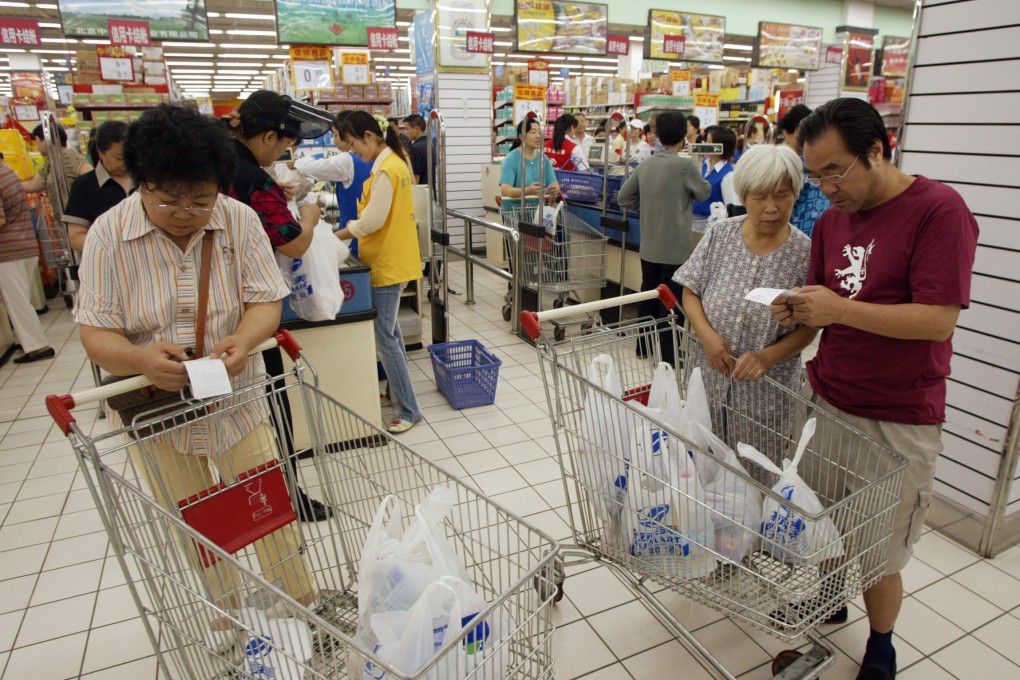Calls grow for Beijing to ease price controls
Reforms on energy and resources prices should top the leadership's priority this year as deflationary pressures grow, says economist

Fresh confirmation of persistent deflationary pressures on the mainland, with a consumer price gauge stuck near a five-year low, has prompted calls for further action to ease government price controls on energy and other key industrial inputs.
Perhaps even more telling than stubbornly low consumer prices, a slide in producer prices has extended to 34 months. The entrenched factory-gate deflation might warrant a policy response of similar resolve to the leadership's battle against corruption.
"It's the most urgent task and now is probably the best time for China to reform resources prices when the producer price index slumps," Liu Ligang, the head of Greater China economics at ANZ Bank, told the South China Morning Post.
The leadership's priority had largely been the fight against corruption in the past year, Liu said. But now was also the time to push forward reforms on government-regulated water, utility and energy prices, he added.
Mainland inflation last month nudged up to 1.5 per cent after easing to a five-year low of 1.4 per cent in November, the National Bureau of Statistics said yesterday, a result that was aided by seasonal factors, slumping oil prices and a low comparison base. The full-year consumer price index rose 2 per cent, still sharply below the annual target of 3.5 per cent.
A further decline in producer prices highlights overcapacity in the manufacturing and property sectors. The index slid 3.3 per cent in December from a year ago, the steepest monthly drop last year, after a 2.7 per cent fall in November. Producer price deflation took hold in March 2012.
Weak prices have exacerbated firms' financing costs, prompting the central bank to cut interest rates for the first time in two years in November.